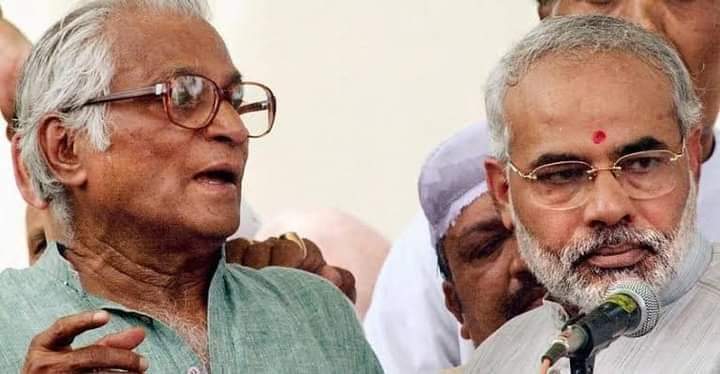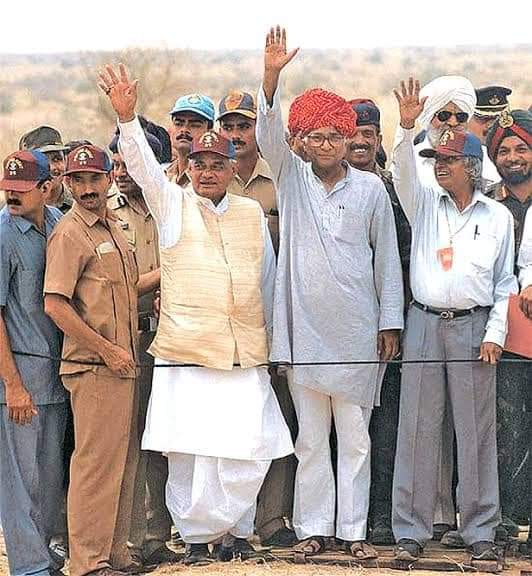He was supposed to become a Father at Church but turned as an enemy number one of Vatican's Antonio Maino.
Tribute to BharataRatna deserving legend
#GeorgeFernandes on his jayanti.
#MyHero
The Socialist Crusader, Who Left His Family For One Cause, Fight Against Congress and

Tribute to BharataRatna deserving legend
#GeorgeFernandes on his jayanti.
#MyHero
The Socialist Crusader, Who Left His Family For One Cause, Fight Against Congress and


Communists.
The MAN Who Flew A Sukhoi at his 70s.
The MAN Who Visited Siachen Thrice To Be With Soldier's.
The MAN Whose Image Was Tarnished, Repeatedly Hounded
By Terrorists from Congress and Presstitutes For Being HONEST.
The FEARLESS Defence Minister, Who Possessed

The MAN Who Flew A Sukhoi at his 70s.
The MAN Who Visited Siachen Thrice To Be With Soldier's.
The MAN Whose Image Was Tarnished, Repeatedly Hounded
By Terrorists from Congress and Presstitutes For Being HONEST.
The FEARLESS Defence Minister, Who Possessed


Nothing Except 3 Pairs of Jubba, Pyjama.
The Man, Remembered Nothing When He Passed Away, Not Even The Supreme Court Verdict Which Exonerated Him.
The Shameless Media which castigated him 24/7 didn't tell the viewers & readers of this development.
But, The Legend Stays On

The Man, Remembered Nothing When He Passed Away, Not Even The Supreme Court Verdict Which Exonerated Him.
The Shameless Media which castigated him 24/7 didn't tell the viewers & readers of this development.
But, The Legend Stays On


Forever In The Minds Of Every Patriots.
What's Common Between These Names?
1) George Fernandez
2) Lallu Prasad Yadav
3) Devegowda
4) Nitish Kumar
5) Mulayam Singh Yadav
6) Sharad Yadav
They were all followers of Socialist Reformer
Ram Manohar Lohia who opposed Nehru Kaandhan

What's Common Between These Names?
1) George Fernandez
2) Lallu Prasad Yadav
3) Devegowda
4) Nitish Kumar
5) Mulayam Singh Yadav
6) Sharad Yadav
They were all followers of Socialist Reformer
Ram Manohar Lohia who opposed Nehru Kaandhan


for Ruining our country.
And the most important difference?
Except George Fernandes, everybody compromised and bootlicked the Dynasty loosening their character.
#MyHero_George was the only one to remain as a GEM.
#ForgottenLegends
#VandeMataram



And the most important difference?
Except George Fernandes, everybody compromised and bootlicked the Dynasty loosening their character.
#MyHero_George was the only one to remain as a GEM.
#ForgottenLegends
#VandeMataram




• • •
Missing some Tweet in this thread? You can try to
force a refresh










